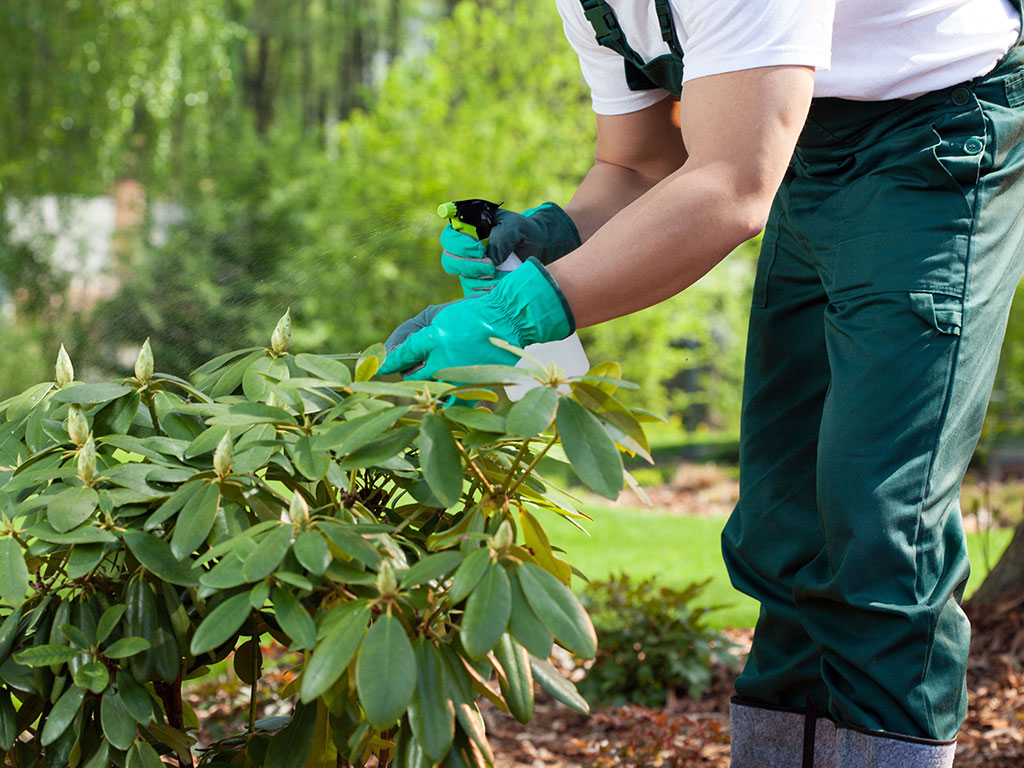The EU considering banning total herbicides – Glyphosate used by more than half of farmers in Serbia

To clarify, the permission for the use of glyphosate expires at the end of June. It could mean that, following the transition period, this weed killer will no longer be used at farms in the EU.
Among the 28 EU states, the qualified majority for the authorization of the continued use of glyphosate has not yet been formed. There are concerns that the pesticide might be harmful to human health. The International Agency for Research on Cancer (IARC) listed it among toxic matters last year, and the medical practitioners' reports aren't encouraging either. The European Food Safety Authority (EFSA) assesses that glyphosate, if used according to the instructions, isn't hazardous to health.
If glyphosate was banned, farmers would again have to remove the weed mechanically, as it was done decades ago.
The professor at the Faculty of Agriculture in Novi Sad Dr Stevan Masirevic says that glyphosate is used by more than a half of local farmers, because it's very efficient in eradicating the weed in all crops. He adds that the ban on glyphosate would have economic consequences on agriculture, as it would increase the cost of production, while on the other hand, the environmental effects would be positive.
The ban on glyphosate, the annual sale of which is estimated at around USD 6 billion, will especially impact Monsanto, the company which launched it under the brand name RoundUp in the 1970s. It is precisely this brand that always appears alongside genetically modified soy, as it has been genetically modified to be resistant to this type of total herbicide.
 Poljoprivredni fakultet Novi Sad
Poljoprivredni fakultet Novi Sad


 Izdanje Srbija
Izdanje Srbija Serbische Ausgabe
Serbische Ausgabe Izdanje BiH
Izdanje BiH Izdanje Crna Gora
Izdanje Crna Gora


 News
News







